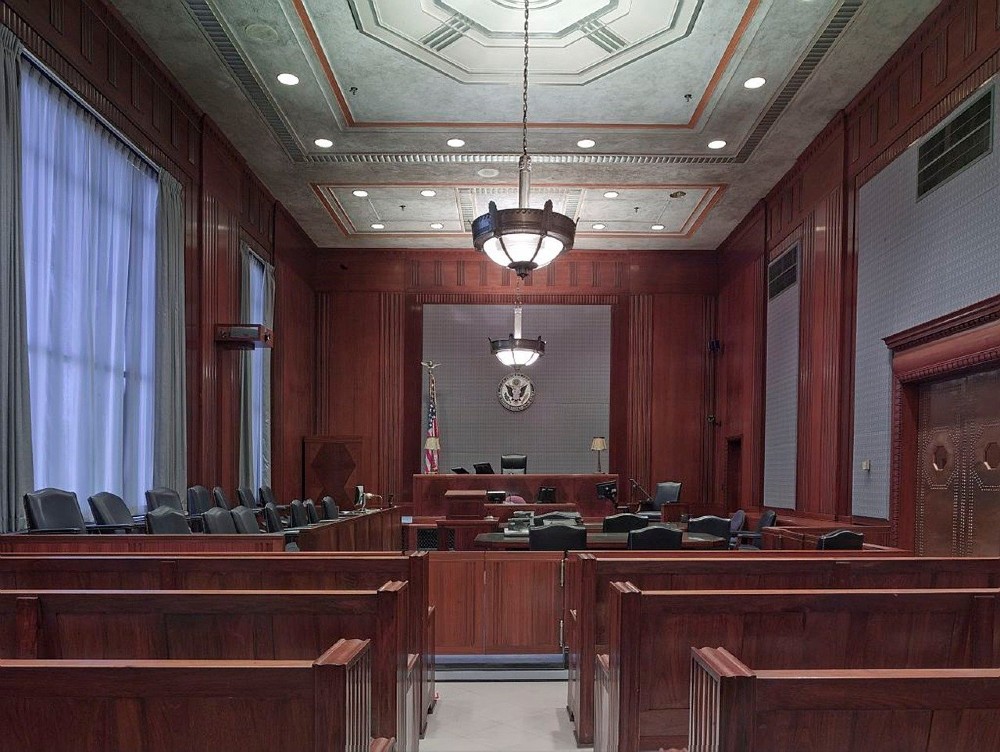In a classic, “Do as I say, not as I do” move, Facebook is accusing Namecheap of allowing deceptive practices, despite their own troubling history of deceptive practices (according to Namecheap’s reply). Facebook is suing Namecheap and Whoisguard, its identity protection agency, for allowing people to register names too similar to Facebook, Instagram, and WhatsApp.
Despite Facebook’s being in hot water for giving away too much information to political entities and other advertisers, and not shutting down fake accounts for years now, they are angry at domain registration site, Namecheap, for being deceptive. It’s a bit of Facebook living in a glass house, yet obliviously, litigiously throwing stones.
Since October 2018, according to Facebook, they have been trying to get Namecheap and Whoisguard to reveal the identities of domain name owners who’ve set up websites including instagrambusinesshelp.com, facebo0k-login.com, and whatsappdownload.site.
Are those names misleading? I’m sure they are meant to be. Setting up a website that is similar to a large brand is a real jerk move. It falls in the sketchy zone, for sure, but MIND YOU, I’M NO LAWYER. Are these websites illegally capitalizing on the Facebook trademark? Or are they expressing free speech?
To a layperson like me, it seems like Namecheap and Whoisguard’s clients are skirting the rules a bit. Namecheap claims to shut down domains and websites daily for trademark infringement, but the complainant has to follow the same protocol in reporting them as everyone else. Facebook needs a court-ordered subpoena in order to get Namecheap’s customers’ names.
Namecheap employs Whoisguard to protect their customers’ identities, and they have no intention of handing them over to Facebook. They’re not taking the accusations lying down. In their official response, “Namecheap believes our customers have rights just like large corporations, and we stand firm against any company or entity that insists on invading privacy without due process.”
Namecheap states that Facebook needs to clean their own backyard of privacy breaches and deceptive practices before going after anyone else.
Hey Pot, meet Kettle. You can’t have it both ways.
Joleen Jernigan is an ever-curious writer, grammar nerd, and social media strategist with a background in training, education, and educational publishing. A native Texan, Joleen has traveled extensively, worked in six countries, and holds an MA in Teaching English as a Second Language. She lives in Austin and constantly seeks out the best the city has to offer.












































Stéphane Moureau
March 19, 2020 at 7:18 am
Of all the spam I received, 90% of them are using domains and hosting services of NAMECHEAP!
They pretend to act against spams and scams, but they react several (5+) days after, which is of course useless as the domains are burned/blacklisted.
Even when you send them proofs, virustotal, urlscan, RBL links they do nothing.
Another example, in a spam, there is a link to abcdef.com which redirect to several others to obfuscate the real one. They answer that abcdef.com is not involved in spam!
I have send them so many reports for years, directly of using spamcop.net, then since ~January they don’t answer anymore.
Easy money…
Pingback: Facebook sues Namecheap for allegedly deceptive domain names – The American Genius – DN4S
Abstract Domainer
March 23, 2020 at 5:13 am
No wonder Facebook is suing Namecheap for what can be called as trademark infringement.
But what people register is not something that registrars can control. They can only blacklist or delete it basis the complaints by these companies.
Although it is also a fact that a lot of stolen domains directly go to Namecheap given its policies. A lot of serious domain name investors and NamePros members who undergo domain theft ultimately point to NameCheap saying that the domains stolen were shifted to Namecheap.
However, I believe that it is comparatively difficult for registrars to track/blacklist certain keywords and not allow people to register it. However, when such an infringement happens, they should be open to share the details even with privacy protection, to not protect the culprit from the consequences.